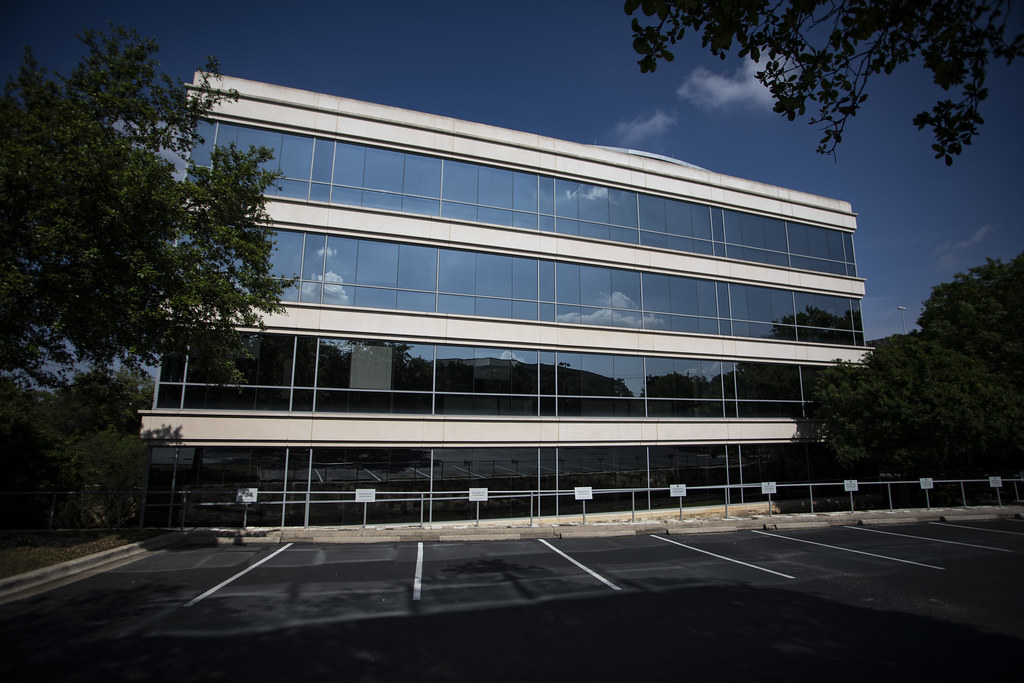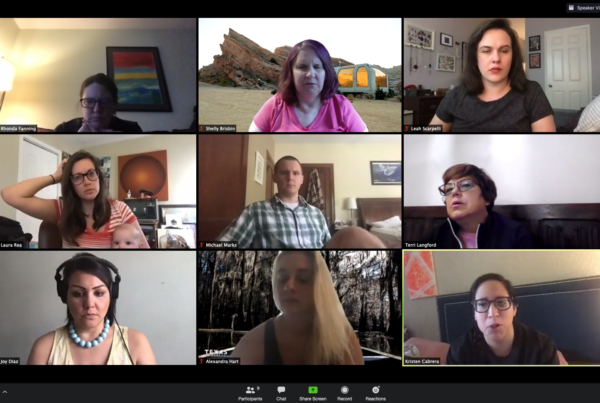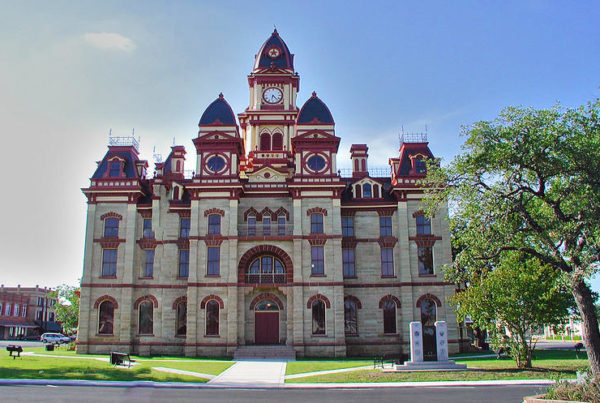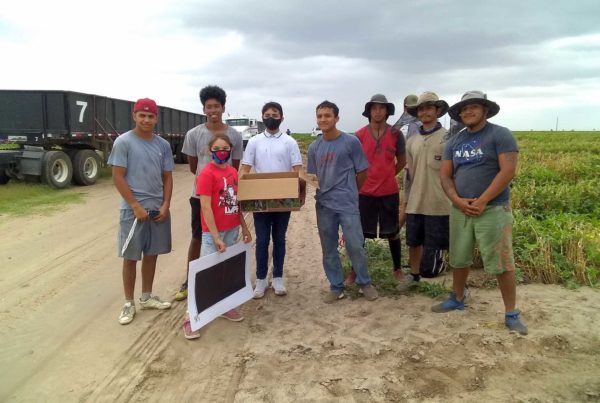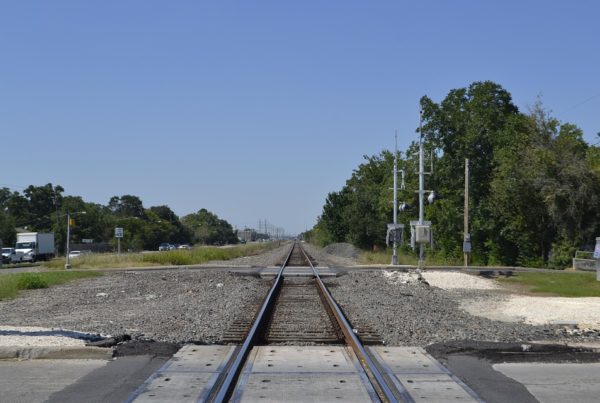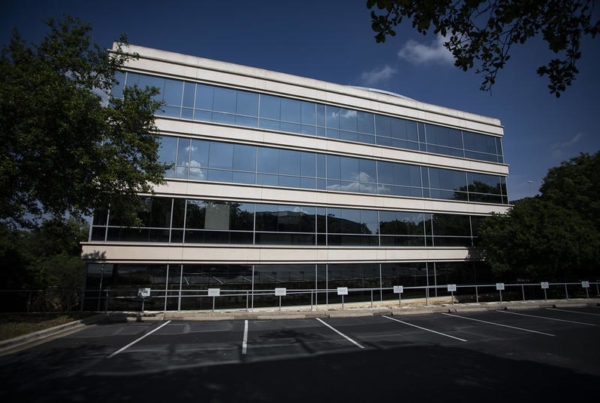A first-of-its-kind report released Wednesday envisions a different kind of Texas post-pandemic.
In the report, which was a collaboration between the University of Texas at Austin’s LBJ School of Public Affairs and the University of Houston’s
new Hobby School of Public Affairs, the authors proposed nine actions Texas should consider taking now to make the state’s economy and workforce better able to withstand disasters like a pandemic.
Former state senator and founding dean of the Hobby School, Kirk Watson, along with Steven Pedigo, inaugural director of the LBJ Urban Lab at the LBJ School, joined Texas Standard host David Brown on Wednesday to talk about the report.
Watson said the pandemic has forced a “timeout” on so many aspects of American life, and that’s revealed weaknesses particularly in the Texas economy.
“This pandemic has shown a pretty harsh light on some of the failings of our system,” Watson said.
The report proposes a plan for the future of Texas’ economy based on revelations about those failings.
“We need a new playbook so that we will make the Texas economy more resilient, more equitable and a better foundation for our future,” he said.
One idea is to build partnerships instead of rivalries. Pedigo said local organizations are already doing that during the pandemic.
“Typically, when we think about economic development across the state of Texas, a lot of times it has been very much sort of a winner-take-all [approach],” Pedigo said. “But what’s been exciting about this is that many local jurisdictions and communities are planning and thinking together.”
That collaborative approach will be essential for any recovery from the pandemic, he argued, because financial resources will be limited.
Watson said reorienting Texas’ economy will take creativity, especially when it comes to budgeting. Future investments in the health care system, for example, might mean Texas will have to work more closely with the federal government. In recent years, Texas has opted out of taking federal money for the expansion of its state Medicaid program, for example. But Watson argued using more federal dollars could actually generate more money for the state in the long run.
“You’re putting more money into the system; you’re investing in existing businesses … hospitals, health clinics. You’re investing in jobs: doctors and health care professionals. And you’re also investing in your workforce in a way where they stay healthier so that they’re able to continue to work.”
But the plan doesn’t just rely only on government investment. Pedigo said it would also involve the participation of businesses. For example, businesses could be incentivized to provide more skills-training opportunities to attract new workers. He argued that investing in the workforce would then attract more businesses to the state.
Institutes of higher education and university systems would also play a role.
“We’re suggesting that, let’s make the tent larger, let’s look for all of us to play a role in trying to move Texas forward,” Pedigo said.
Web story by Caroline Covington.
If you found the reporting above valuable, please consider making a donation to support it here. Your gift helps pay for everything you find on texasstandard.org and KUT.org. Thanks for donating today.


